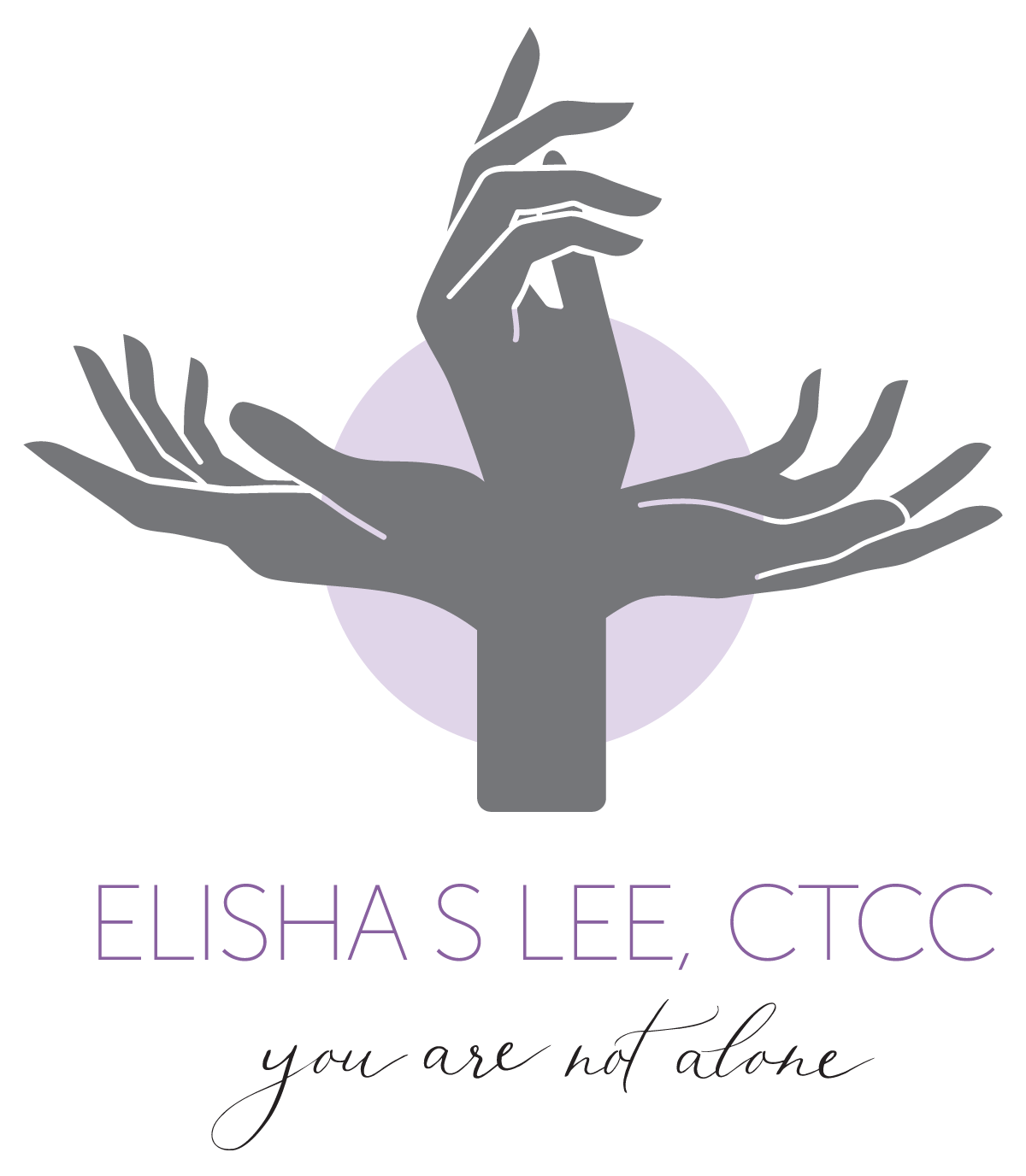Are you experiencing feelings of sadness, hopelessness, and worthlessness? Are you having trouble sleeping, eating, and concentrating on things you normally enjoy?
What is the Connection Between Vitamin D and Depression?
Vitamin D is known to be the vitamin that your body experiences while out in the sun. It helps to keep bones healthy and strong, promotes cell growth, and boosts the immune system. Ecclesiastes 11:7 says, “Light is sweet, and it is pleasant for the eyes to see the sun.” Our bodies react positively to sunlight as it touches the skin.
10 Foods That Can Contribute To Depression
When speaking with clients, we also speak and discuss diet as part of their healing journey. Part of self-care is paying attention to our diet and implementing balance within our meals. A 2017 study found that the symptoms of people with moderate to severe depression improved when they changed their diet.
How Stay at Home Moms Can Cope With Depression
Stay At Home Mom (SAHM) depression is taboo to talk about, but common. This depression shows up in moms who are doing continual parenting and household duties, experiencing isolation, and feeling as if they are closed in when it comes to having space to themselves. These moms also tend to feel as if things will fall apart if they are not “everything” to “everyone” in the family. Sticking to a schedule doesn’t help because anything unexpected can happen when you have little ones. It is exhausting.
How Is Social Anxiety and Depression Related?
Social anxiety and depression are two of the most diagnosed mental health conditions in the United States. This disorder affects approximately 15 million American adults and is the second most diagnosed anxiety disorder following a specific phobia. The average age this disorder is diagnosed is during the teen years. Many confuse shyness with social anxiety disorder. However, this is not always the case for those diagnosed.
What is the Relationship Between Imposter Syndrome and Depression?
3 Ways the Brain is Affected by Depression
Depression is a common mental illness affecting many people. It can be debilitating and cause serious complications. Sadness can impact the body by increasing fatigue, cause digestive issues, and produce chronic pain. Untreated depression has the capacity of altering the brain, making the episodes worse.
What is Spiritual Depression and How Do You Recognize the Signs?
Have you lost touch with your faith?
Have you forgotten or do not see how God is with you during the struggle?
Have you been unhappy and do not find hope or optimism in everyday life?
Do you have regrets for mistakes you have made and are not looking forward to the future?
Spiritual depression has to do with you losing your excitement or zeal over the things of God.














